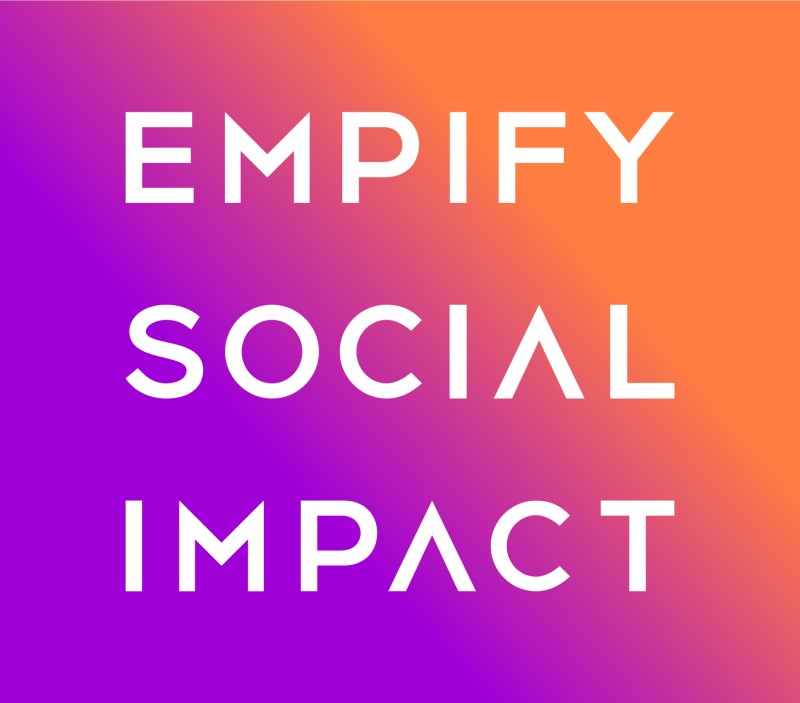On February 11, we celebrate the International Day of Women and Girls in Science, established by the United Nations General Assembly Resolution in December 2015, promoting equal access and participation for women and girls in STEM. UNESCO and other organizations’ data show that despite progress, women’s participation in science remains unequal. Globally, only about 33.3% of researchers are women, and in STEM fields (science, technology, engineering, and mathematics), this is only 35%.
UN Secretary-General Antonio Guterres
“Gender equality in science is crucial for building a better future for all. Women still encounter systemic barriers and biases that prevent them from pursuing scientific careers. Currently, they make up just one-third of the global scientific community, receiving less funding, fewer publishing opportunities, and fewer leadership positions at top universities than men”
The number of women is even smaller in cutting-edge fields such as artificial intelligence (AI), where only one in five researchers is a woman, according to data from the UN agency for education, science, and culture (UNESCO).
Women at Technical Universities in Poland
In Poland, the gender distribution among academic staff at technical universities is nearly equal, with women representing 48.5% in 2022, according to POL-on system data. However, men significantly outnumber women in higher academic positions like professors and habilitated doctors. The “Girls into Science!” initiative reveals that female students make up 37% at technical universities, but their representation declines at advanced academic levels. Women comprise 30-35% of doctoral students, 15% of those achieving habilitation, and only 10% of professors, reflecting trends seen in the EU and globally. The UN Secretary-General highlights the importance of eliminating gender stereotypes and promoting role models to encourage girls in science, suggesting initiatives to support women in science and a talent-nurturing work environment.
Barriers in Choosing Engineering and Technical Studies by Female High School Students in Poland
The study “Motivations and Barriers in Choosing Engineering and Technical Studies by Female High School Students in Poland,” conducted by the Nationwide Research Panel Ariadna for our client, Amazon Development Center Poland, aimed to understand the motivations, support, and barriers for female students in choosing technical and engineering study paths. The results show that 8% of female students fear difficulties related to technical fields, 5% fear unequal treatment of women, and 70% have no opinion on this matter. Social barriers identified include stereotypes that these are male-only fields (6%), discrimination (6%), and male dominance (3%).
Conclusions and Further Directions of Action
The 11th emphasizes the need to continue efforts to increase women’s participation in science. Understanding and addressing the barriers facing girls and women in science is crucial for building a more balanced and innovative scientific world. In Poland, as globally, further efforts are needed to promote gender equality in technical and engineering fields and to support and inspire young girls to pursue a scientific path.

